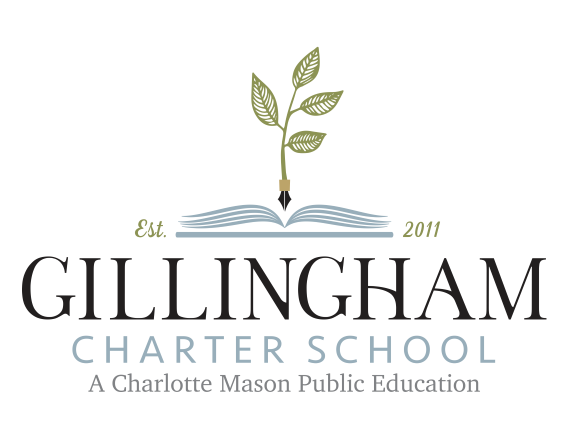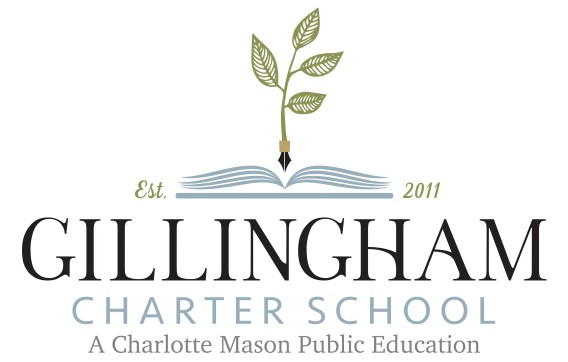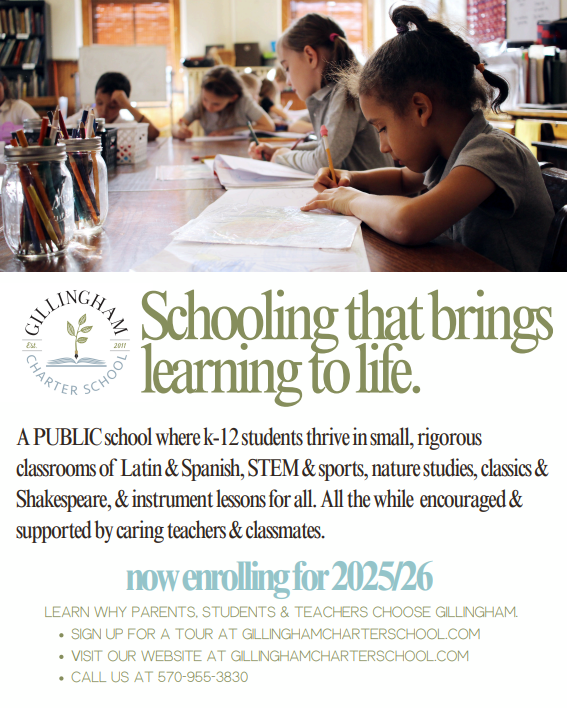The first row is for desktop, and second row is for Tab and Mobile.
You can right click on this text and use Navigator for easy editing. This text message is hidden on all screens using Advanced/responsive tab on left.
What is a Charter School?
A charter school is a tuition-free public school funded by taxpayers. Though it is not a private school, it does operate like one in some ways. A charter school is usually a non-profit, self-managed organization lead by passionate administrators, a board of trustees and faculty and staff members. Charter schools provide parents with more choices in selecting the school that works best for their child.
Charter Schools
Myths vs. Facts
FACT: Charter schools are public schools. Like traditional public schools, charter schools are:
- Tuition-Free for families
- Publicly funded
- Non-sectarian
- Nondiscriminatory enrollment
- Accountable to state and federal regulations
- Governed by a Board of Directors who are public officials
FACT: Charter schools do not take funding away from traditional public schools.
Money follows the student from their home school district to a public charter school when a parent makes a choice for their child’s public-school education to take place in a charter school.
FACT: Charter schools serve all students.
- Charter schools have no selective enrollment requirements.
- Charter schools must accept all students, including English learners and students with special needs.
- They hold lotteries to enroll students if there are not enough seats to meet demand.
FACT: Charter schools are directly accountable to the authorizing school board or the Pennsylvania Department of Education who have the authority to renew or not renew a school’s charter.
Once appointed, a charter school board member, just like a traditional school board member, is a public official who must comply with the PA Ethics Act and file an annual statement of Financial Interest Form. Also, the board must comply with the PA Sunshine Law regarding open meetings.
FACT: Charter schools in Pennsylvania are very diversified. In fact, charter schools serve higher percentages of African American and Hispanic students than district-run schools.
FACT: Charter schools are the most accountable public-school systems in Pennsylvania with the threat of closure as the ultimate accountability.
Both traditional district and charter schools have:
- State exams
- Periodic review
- Financial audits
- Annual reporting
Charter schools also have:
- Closure process
- Parental choice
FACT: Most Pennsylvania charter schools — including Gillingham Charter School — are organized as public, non-profit corporations.
FACT: Charter schools receive less funding than traditional public schools.
In the 2015-16 school year, charter schools across Pennsylvania received approximately 75% of the funding that traditional public schools received. This means that charter schools operate with less public funding than traditional public schools.
FACT: Charter schools enroll a similar ratio of special education students as public schools.
In the 2016-17 school year, 17.61% of charter school enrollment was special education students, while traditional schools had enrollment of 16.37% special education students.


